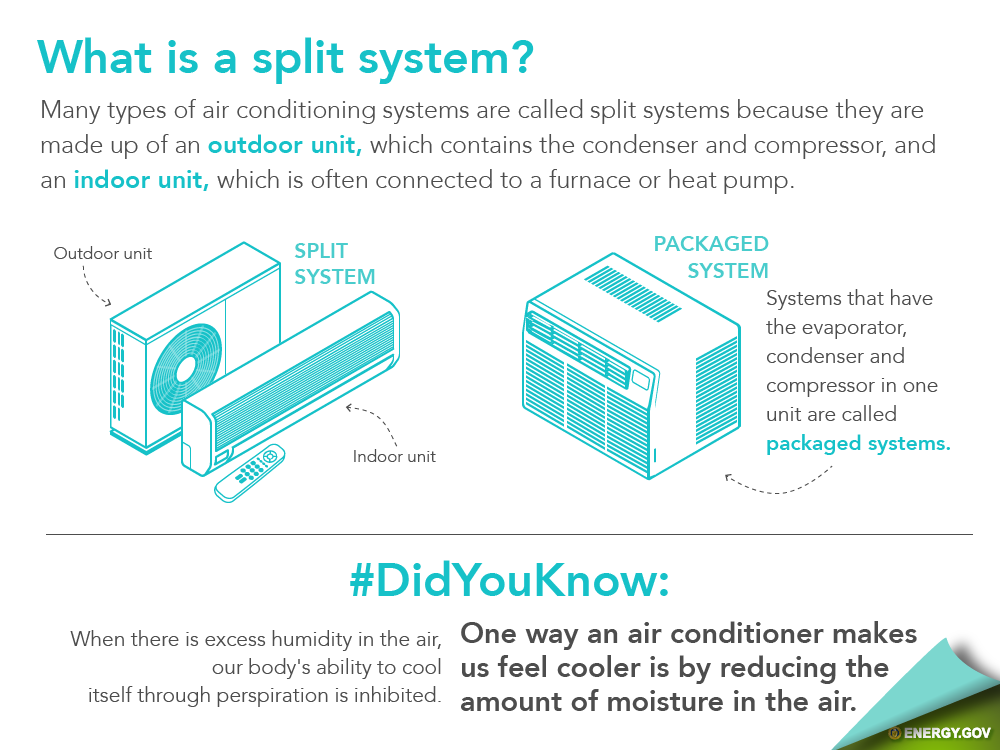Exploring The Ecological Benefits Of Warm Pumps - A Sustainable Home Heating Solution
Exploring The Ecological Benefits Of Warm Pumps - A Sustainable Home Heating Solution
Blog Article
Post By-Forsyth Strand
In a period where sustainability and energy efficiency are paramount, many services seek environmentally friendly heating services. One such option is the heat pump.
A heat pump removes the heat in its surroundings and pumps it into your home, causing one of the most reliable environmentally friendly main heating unit around. This process additionally generates absolutely no greenhouse gas exhausts, making it a very sustainable technology.
Energy Effectiveness
Heatpump are really power reliable and call for little upkeep. They make use of less electrical power than other heating unit and are by far one of the most eco-friendly. They work well with roof solar and can commonly spend for themselves in utility financial savings alone.
They can also give cooling, which is great for garage workshops, attic room hangouts and benefit spaces, and home additions without extending the existing ductwork. They can even be made use of for retrofits in existing homes with hydronic (water-based) distribution systems such as reduced temperature radiators or radiant floorings.
Look for linked web page with SEER and HSPF ratings that meet or exceed Canada's minimum standards, in addition to the requirements in your region. Greater scores indicate better performance, which saves you money in the future and decreases your carbon impact. You may also qualify for discounts and motivations! The very best devices are those with a ground warmth exchanger for added effectiveness. These units can soak up thermal power from the ground throughout the winter months and essence it in the summertime.
Minimized Greenhouse Gas Emissions
Heatpump operate on electricity and essentially move warm from the air, also when it's cold exterior. They have the ability to draw out the free warmth trapped in air fragments and move them indoors, lowering moisture while doing so.
Compared to gas heaters, modern heat pumps use less than one kilowatt of power per kilowatt of home heating power they produce. This makes them one of the most energy efficient home heating option available with a POLICE (Coefficient of Efficiency) of 4 or more. By slashing the requirement for nonrenewable fuel sources, heat pumps help reduce greenhouse gas discharges and reduce various other significant air pollutants.
Building decarbonization is an international important, and the a/c industry is a vital chauffeur of that process. Whether it's investor making internet absolutely no commitments, plan manufacturers setting exhausts limits, or lessees demanding greener spaces, electrical heat pumps are being recognized as an important remedy. They are an affordable means to minimize carbon exhausts by getting rid of the need for fossil fuels in buildings.
Flexibility
Heatpump can be utilized in numerous kinds of homes and structures-- with or without ducts. They collaborate with hot-water radiators, air-conditioning and programmable thermostats. They can replace furnaces or be installed in new residences. They can work on photovoltaic panels, geothermal systems or even district heating sources like wastewater.
They're excellent at delivering more warm per power device. For instance, an air-source heatpump generates as much as 3 or even more home heating units from each power device it takes in.
Obtaining one of the most from your heat pump will certainly depend on your climate zone and quality of insulation. Seek models with power STAR rankings and contrast their SEER or HSPF specs. In warmer environments, focus on SEER; in chillier areas, consider a system with a higher HSPF rating. On heat pumps christchurch nz of that, buy air sealing and insulation to decrease the lots on your heatpump. heat pump deep cleaning will boost energy effectiveness and help you reach your Net Zero objectives much faster.
Biomass Boilers
Biomass boilers use wood pellets, chips or logs to create heat and hot water. They are an excellent option for off-grid buildings or those who want to leave the gas grid.
As a standalone heating unit, biomass can provide sufficient power to maintain your home warm all the time without the common warm drop off of various other renewable technologies. They can likewise be utilized together with solar panels to increase cost savings and take advantage of RHI repayments.
A disadvantage of these systems is the in advance expense and normal gas deliveries. Usually, pellets will need to be blown right into a gas store utilizing a vacuum cleaner system or they can be manually fed into the central heating boiler through a receptacle. Logs are typically self-sourced from neighboring forest or acquired in bulk. In addition to this, they need hands-on loading and might need cleansing on a regular basis.